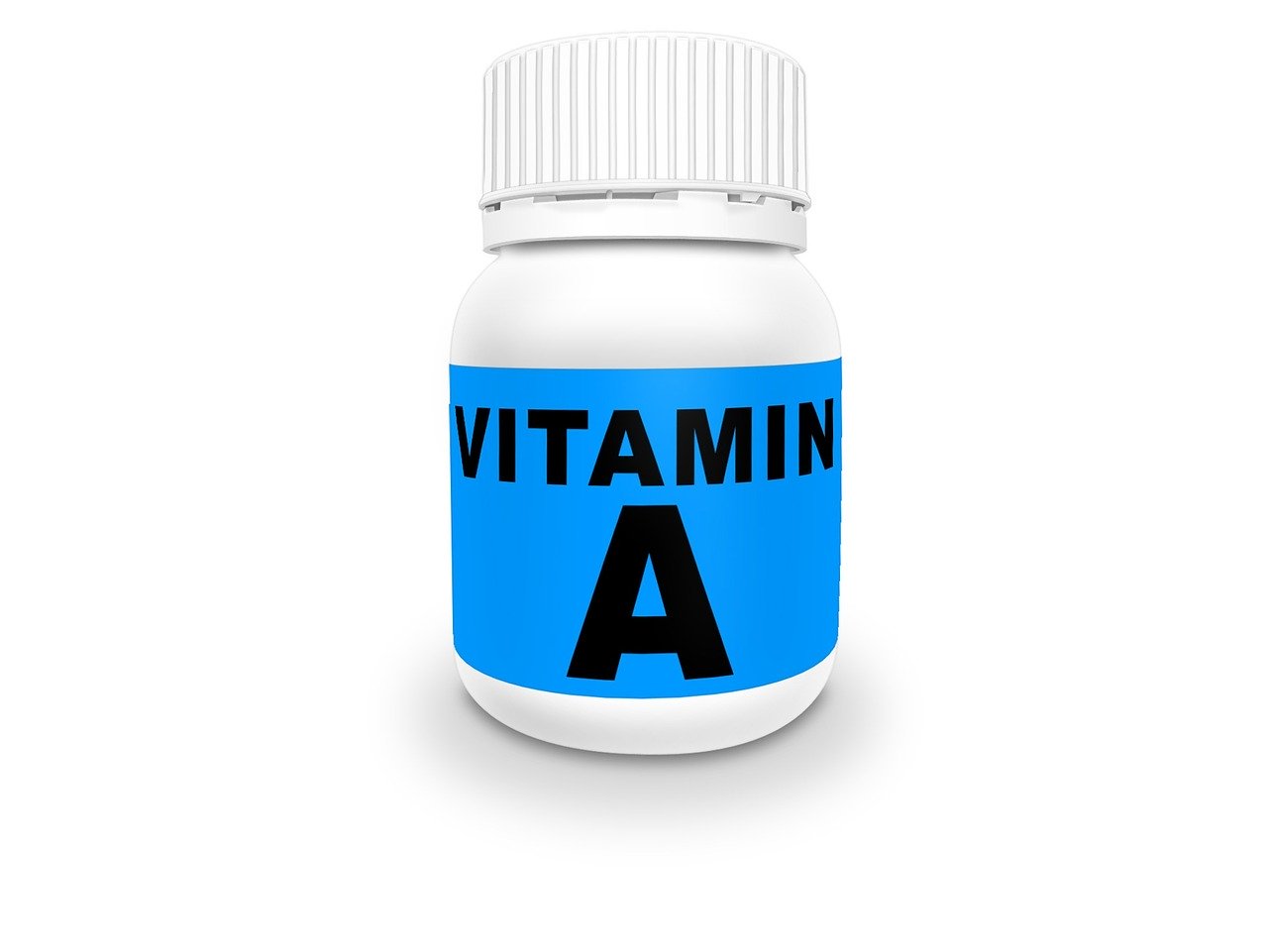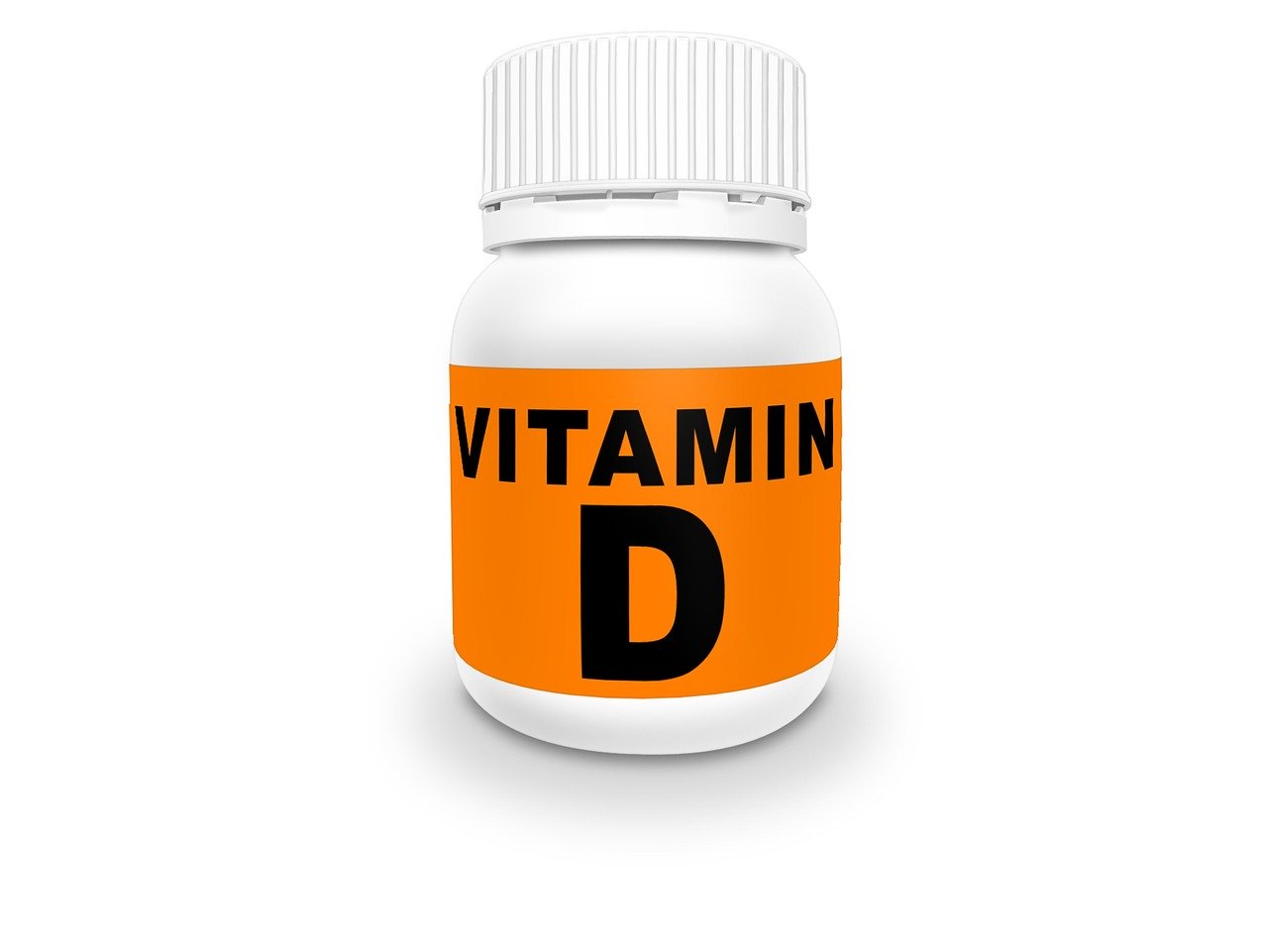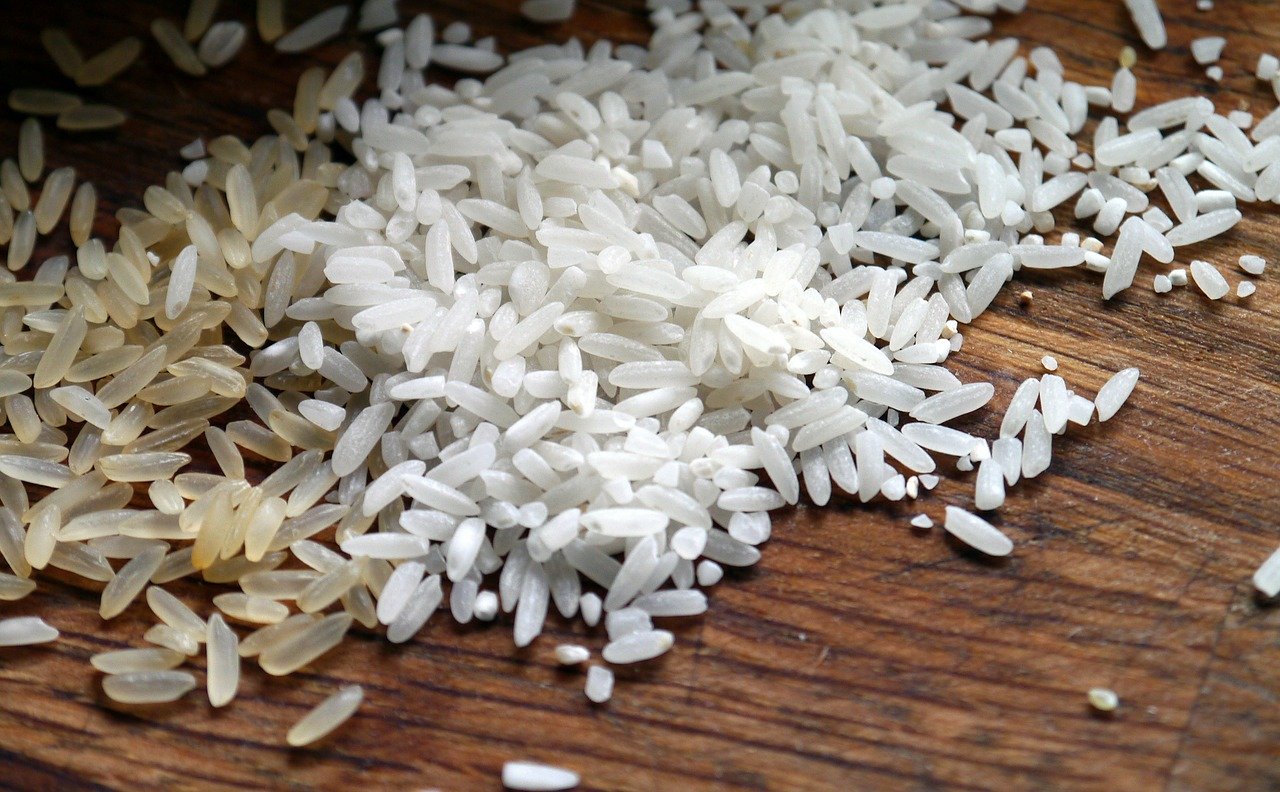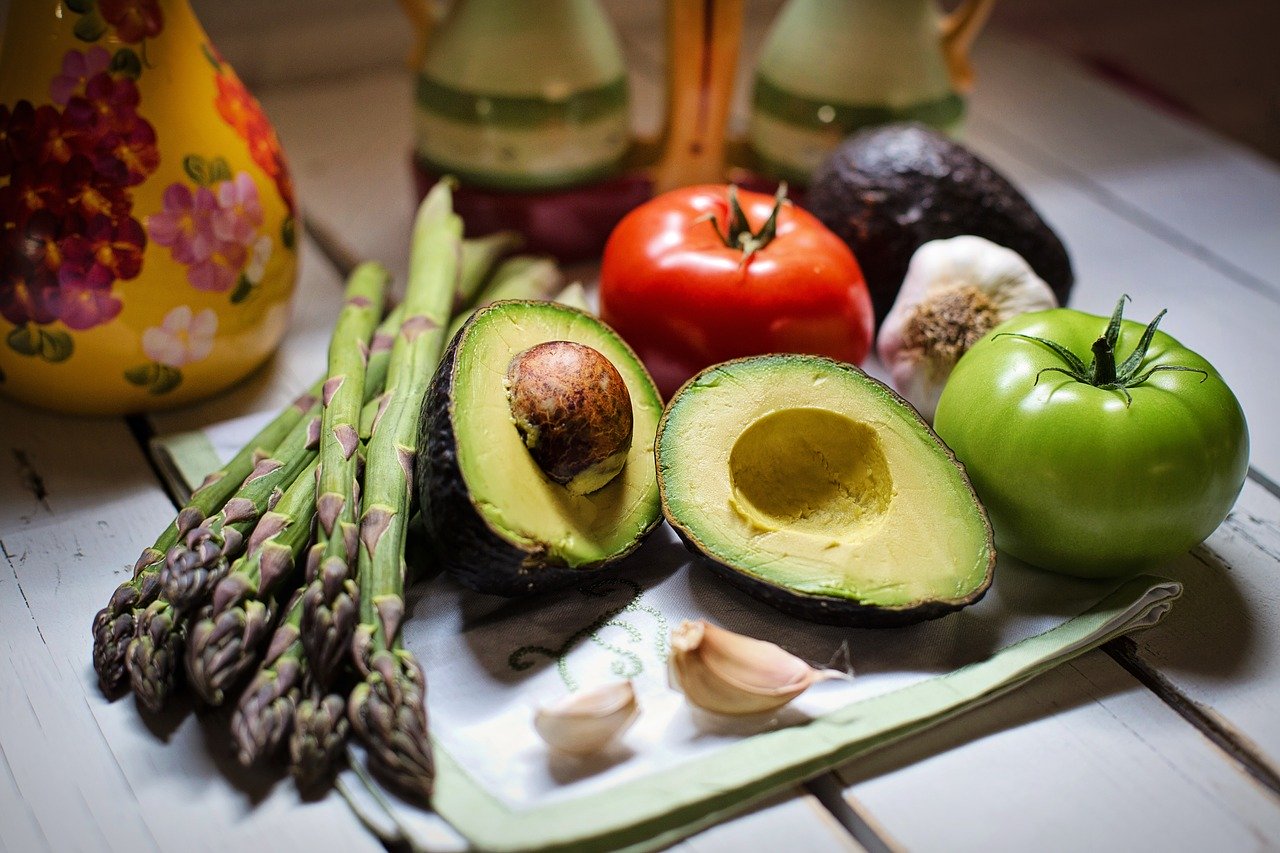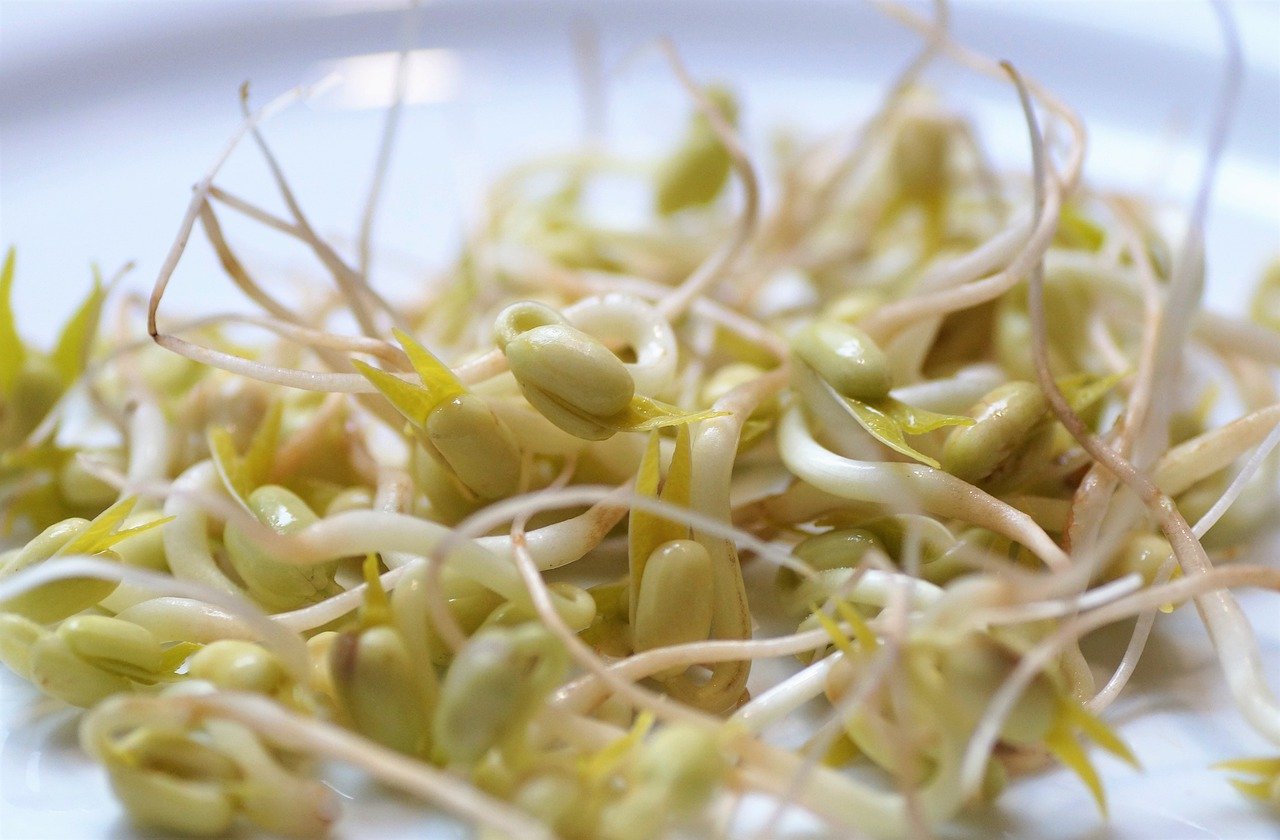In April 2019 researchers from Saudi Arabia published their study to assess the effects of short-term oral vitamin A supplementation on the ocular tear film in individuals with dry eye. … Read more
Amongst soy-based foods, tempeh has the highest content of the toxic metal cadmium
In January 2020 researchers from the Czech Republic published the results of their study to assess the weekly dietary intake of cadmium from soybeans (or soya beans). A total of … Read more
Maternal exposure to ambient air pollution is associated with pregnancy complications especially during the first trimester
In April 2020 researchers from China published their review of the medical scientific literature to assess the association between trimester-specific maternal exposure to air pollutants and complications of pregnancy. A … Read more
Researchers recommend that individuals at risk of influenza and/or COVID-19 consider taking 10,000 IU/d of vitamin D3 for a few weeks to rapidly raise their vitamin D levels, followed by 5000 IU/d in order to raise their vitamin D levels above 40-60 ng/mL (100-150 nmol/L) in order to reduce the risk of infection
In April 2020 researchers from the USA published their review on the role of vitamin D in reducing the risk of respiratory tract infection, epidemiology of influenza and COVID-19, and … Read more
Dead Sea climatotherapy appears to have an immediate effect on psoriatic skin lesions and also improves quality of life, but long-term control of the psoriasis has not been observed
In March 2020 researchers from Denmark published the results of their study to assess the effectiveness of Dead Sea climatotherapy on psoriasis. (Climatotherapy involves a combination of sunbathing and swimming … Read more
The preparation and cooking methods applied for rice appear to effectively reduce the risks associated with toxic metals to an acceptable level, except for arsenic which was still at a level to be considered a carcinogenic risk
In July 2019 researchers from Iran published the results of their study to assess the effect of different pre-cooking and cooking methods on the concentration of toxic (arsenic, cadmium and … Read more
If an individual wishes to include coconut oil in the diet, then it should be limited and should not exceed 10% of total calorie, which is in line with the current recommendations for saturated fatty acid intake
In September 2019 researchers from Brazil, USA and Portugal published their review on the effects of coconut oil intake on the cardiometabolic profile. The researchers stated that in recent years, … Read more
Dairy product consumption appears to be associated with a better metabolic profile
In January 2019 researchers from Spain published the results of their study to assess the association between dairy product consumption and the incidence of metabolic diseases like diabetes, obesity and … Read more
A caffeine supplement does not improve the 800-m running performance of trained runners but does appear to impair sleep quality
In September 2019 researchers from Spain published the results of their study to assess the effect of caffeine intake on 800-m running performance, sleep quality and nocturnal cardiac autonomic activity … Read more
Dark chocolate consumption appears to have beneficial effects on human health by enhancing cognitive function
In November 2019 researchers from Japan published the results of their study to assess the effect of dark chocolate on cognitive function and neurotrophins. Neurotrophins are small proteins that secrete … Read more
Total cholesterol absorption appears to be lower only in individuals following a vegan diet
In March 2018 researchers from Germany published the results of their study to assess the association between vegetarian-diet-induced changes in cholesterol metabolism. Male and female omnivores, lacto-ovo vegetarians, lacto vegetarians, … Read more
Drinking more than 2 cups of coffee per day appears to be associated with reduced tumour-specific insulin-like growth factor receptor 1 levels as well as an improved prognosis amongst tamoxifen- or radiotherapy-treated individuals with breast cancer but only if they were not overweight or obese
In June 2018 researchers from Sweden published the results of their study to assess the role of coffee consumption on the prognosis of breast cancer and possible associations with tumor-specific … Read more
Can coronary artery disease be reversed by diets with normal levels of fat of plant origin that are low in saturated fat content?
In January 2019 researchers from the USA published their review to assess whether diets with normal levels of fat can reverse coronary artery disease. The researchers stated that whilst coronary … Read more
Herbal detox programmes, which are gaining in popularity, can be associated with potential serious adverse effects
In December 2018 researchers from the USA published a case report involving a 67-year-old man who developed severe hyponatraemia after starting a five-day kidney detox programme. Hyponatraemia is a low … Read more
Vitamin B12 that is applied to the oral cavity via toothpaste enters the circulation and improves the vitamin B12 status markers in the blood of vegans who are at higher risk of vitamin B12 deficiency
In March 2017 researchers from Germany and Denmark published the results of their study to assess the effect of a vitamin B12-fortified toothpaste on B12 vitamin levels in vegans. A … Read more
The Mediterranean diet, which is rich in plant-based foods such as wholegrains, legumes, fruit, vegetables, extra-virgin olive oil with a reduced consumption of red meat and sugar-sweetened drinks, may help to reduce the risk of rheumatoid arthritis
In November 2018 researchers from the UK published their review on diet and the risk of rheumatoid arthritis. There is an increasing amount of evidence which suggests that dietary factors … Read more
Exposure to organophosphate flame retardants during pregnancy may potentially affect neurodevelopmental outcome in offspring
In December 2017 researchers from the USA published the results of their study to assess whether there was any association between organophosphate flame retardant levels in the urine of pregnant … Read more
Mung bean protein supplement appears to improve muscular strength in healthy, under-active vegetarian adults
In October 2019 researchers from the USA published the results of their study to assess the association between protein intake, strength, and lean body mass in under-active vegetarians. A total … Read more
Food additives are one of the factors in ultra-processed foods causing concern, for whilst some food additives can be beneficial for human health, others may alter the composition of the gut microbiota and lead to inflammation, which in turn may lead to different forms of inflammatory disease
In October 2019 researchers from Qatar published their review of the association between a Western diet and chronic diseases. A Western diet is characterised by a high intake of energy-dense … Read more
Are polybrominated diphenyl ethers a risk factor for thyroid cancer?
In August 2018 researchers from Italy published their review on the role of polybrominated diphenyl ethers in thyroid cancer. They stated that the incidence of thyroid cancer has increased faster … Read more

